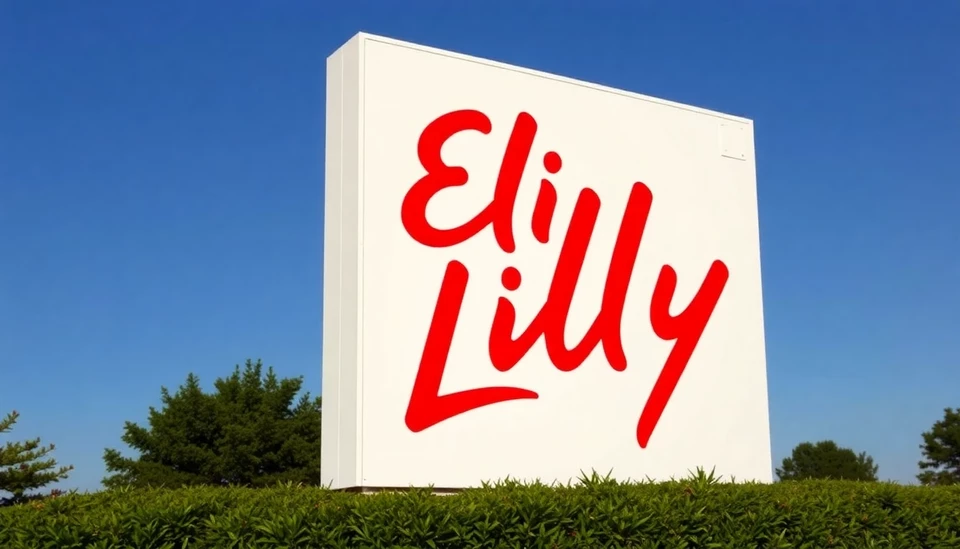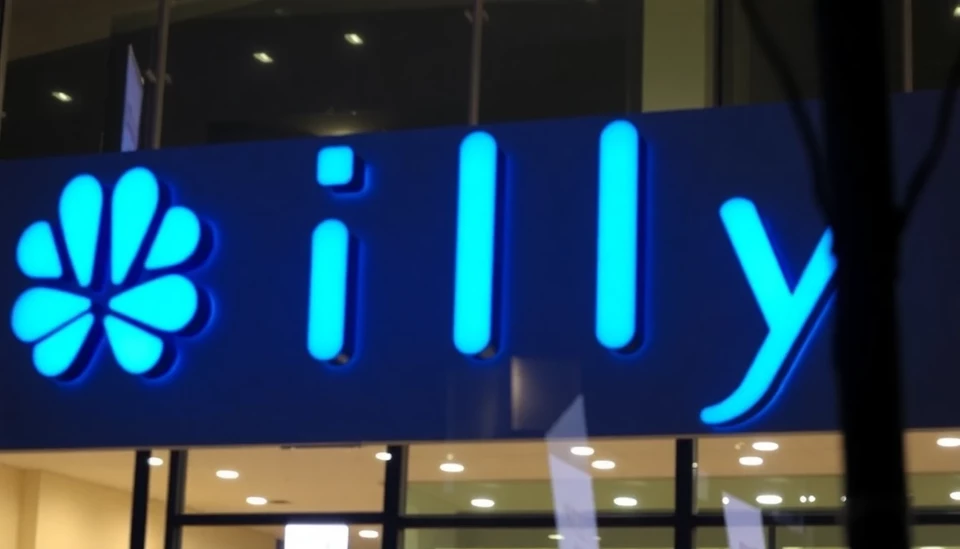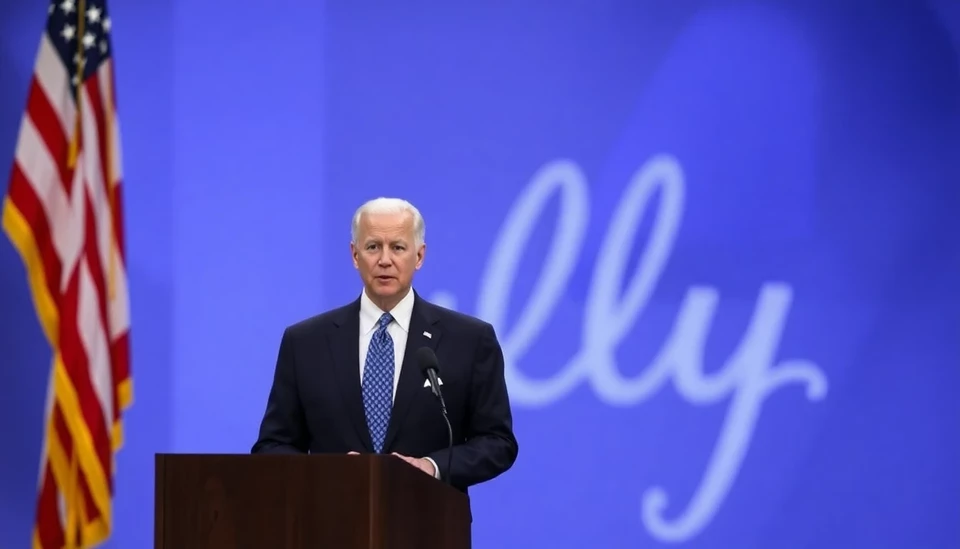
In a groundbreaking decision aimed at expanding access to weight loss medications, pharmaceutical giant Eli Lilly has announced the rollout of its lower-cost version of the prescription drug Zepbound. This strategic move, set to occur in early 2024, underscores the company's commitment to addressing the growing demand for effective weight management solutions amidst soaring obesity rates in the United States and beyond.
Zepbound, originally developed and marketed under a premium price point, has been gaining traction among healthcare providers and patients for its efficacy in managing weight. The drug is part of the class of medications known as GLP-1 receptor agonists, which work by mimicking the effects of the incretin hormones that regulate insulin and sugar levels in the body. These medications have proven instrumental in aiding weight loss, representing a significant advancement in the treatment of obesity.
The new, lower-cost version of Zepbound will be introduced to offer a more budget-friendly option for individuals struggling with weight management. As healthcare costs continue to rise and many patients face challenges affording their prescriptions, Eli Lilly has recognized the imperative need to make essential medications more accessible. The company's decision aligns with a broader industry trend where pharmaceutical firms are being encouraged to provide more affordable alternatives to popular drugs that have demonstrated significant health benefits.
The rollout of the lower-cost Zepbound is particularly timely in light of recent data revealing that nearly 42% of adults in the United States are classified as obese, a figure that has increased steadily over the years. This alarming trend has resulted in a heightened focus on accessible weight loss solutions, thereby prompting Eli Lilly to take proactive steps in addressing the issue.
Healthcare professionals welcomed the announcement, noting how access to lower-cost medications can lead to better health outcomes. Many believe that such access may encourage more individuals with obesity to seek medical intervention, which can ultimately improve their overall well-being and reduce the risk of obesity-related ailments, including diabetes, heart disease, and certain types of cancer.
Furthermore, Eli Lilly's decision is expected to ignite competition within the weight loss medication market. Other pharmaceutical companies may be pressured to follow suit by developing similar cost-effective options, which could lead to a broader array of choices for consumers. This paradigmatic shift in pricing strategy may also compel insurance providers to reconsider coverage policies for weight loss medications, potentially resulting in lower out-of-pocket expenses for patients.
As the launch date approaches, Eli Lilly is set to implement an extensive marketing campaign aimed at both healthcare providers and potential consumers. The company is keen on educating the public about the benefits of Zepbound and the importance of seeking treatment for obesity as a chronic condition that requires medical intervention. They emphasize that the availability of affordable medication can serve as a vital tool in a comprehensive weight management plan that includes diet and exercise.
In conclusion, Eli Lilly's proactive approach to offer a lower-cost version of Zepbound not only reflects its commitment to addressing obesity but also signals a significant shift in the pharmaceutical industry towards patient-centered care. As the health landscape continues to evolve, such initiatives will likely play a crucial role in transforming the accessibility and affordability of essential medications in the fight against obesity.
#EliLilly #Zepbound #WeightLoss #HealthcareAccess #AffordableMedication #ObesityTreatment
Author: John Harris




